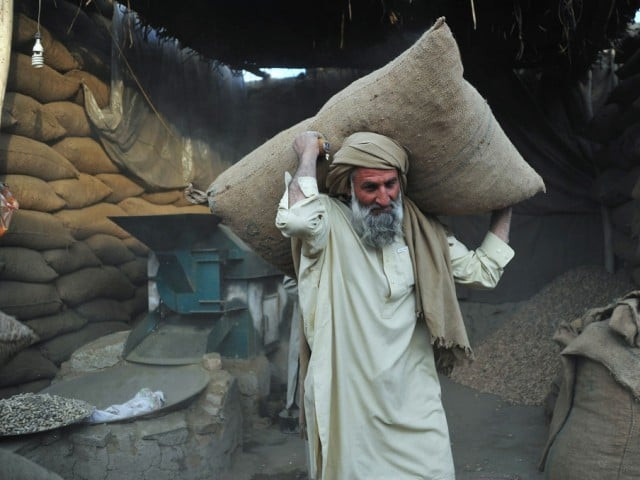The voice of labourers
Around 88 workers at the factory were fired on the spot after requesting they be paid on time

PHOTO: AFP
The problems faced by workers in Pakistan are well established and very widespread. The weakening of labour unions that started with the advent of the Zia regime in the 1980s has worked towards smothering the voice of labourers and peasants all over the country. Their voice has been reduced to a mere whisper. The Human Rights Commission of Pakistan recently held a conference that called for the revival of labour unions. Given the current state of worker rights in the country, this is essential. In recent times, we have seen workers dying in fires that break out at the workplace, such as those killed at a garment factory in Lahore because proper safety measures had not been put in place. Labourers in Pakistan are underpaid, overworked and many have little medical support to count on in case of health concerns. Labour inspectors generally serve the interests of wealthy factory owners and it seems that for desperate workers, in times when work is hard to find, there is nowhere to turn to.
Published in The Express Tribune, December 10th, 2015.
Like Opinion & Editorial on Facebook, follow @ETOpEd on Twitter to receive all updates on all our daily pieces.















COMMENTS
Comments are moderated and generally will be posted if they are on-topic and not abusive.
For more information, please see our Comments FAQ